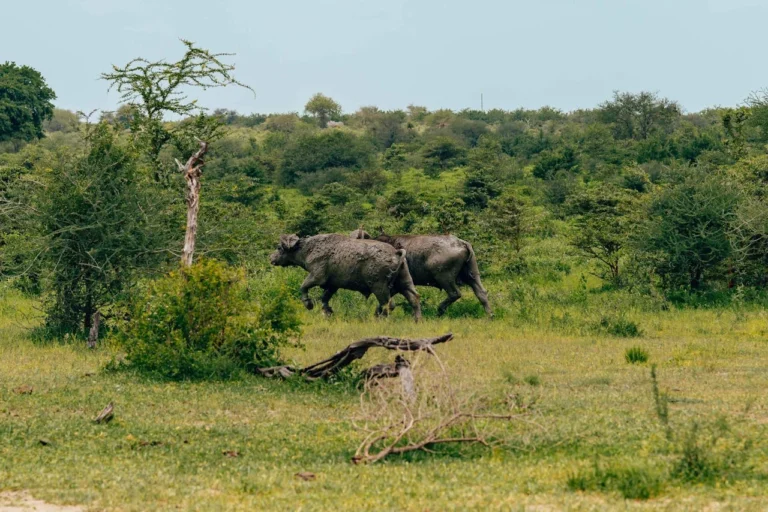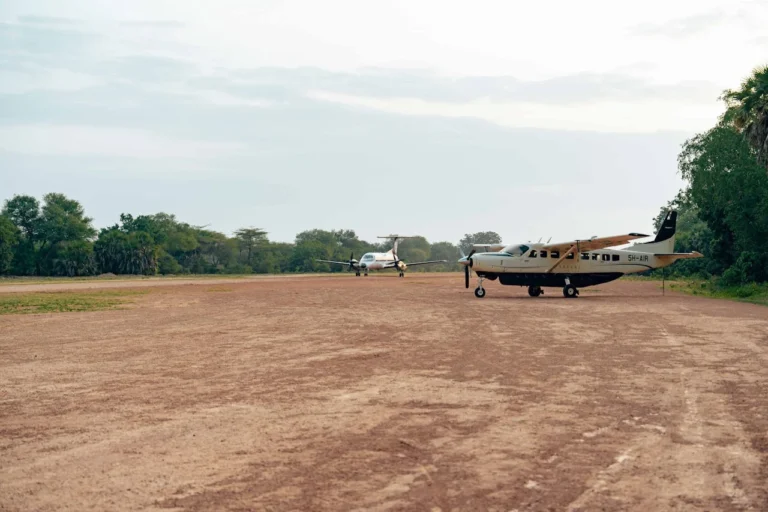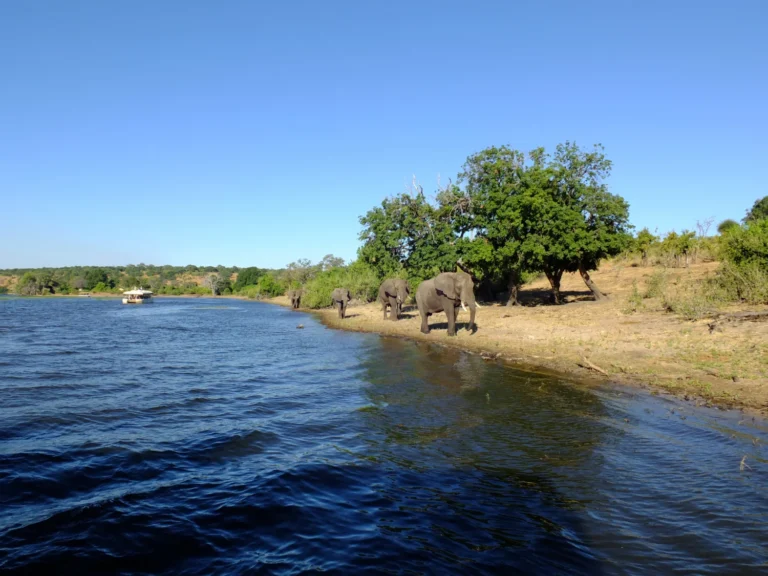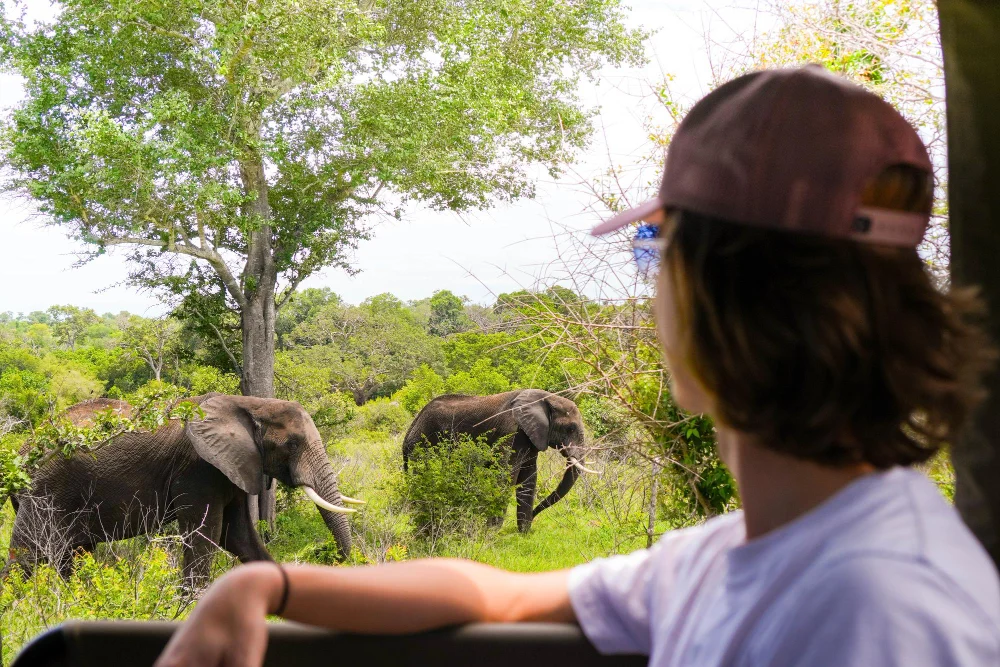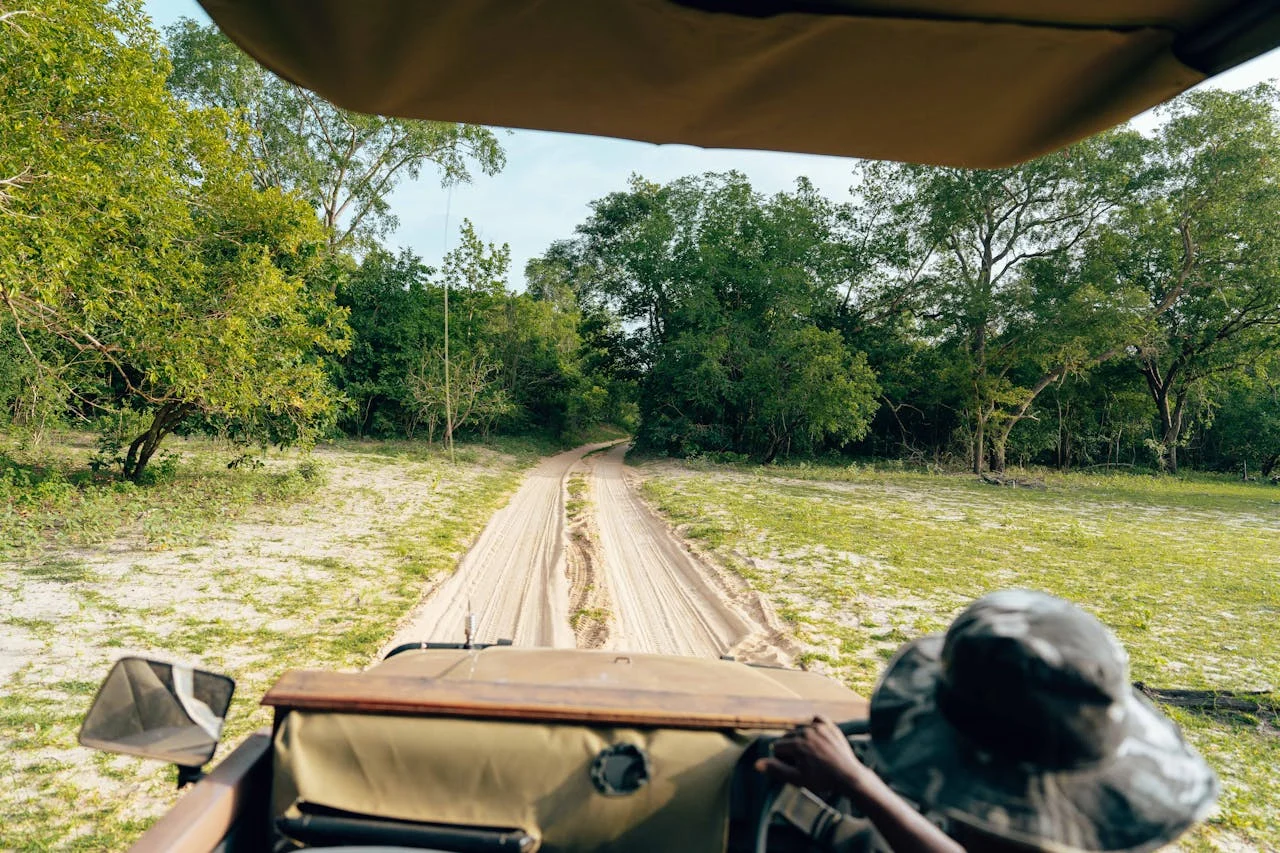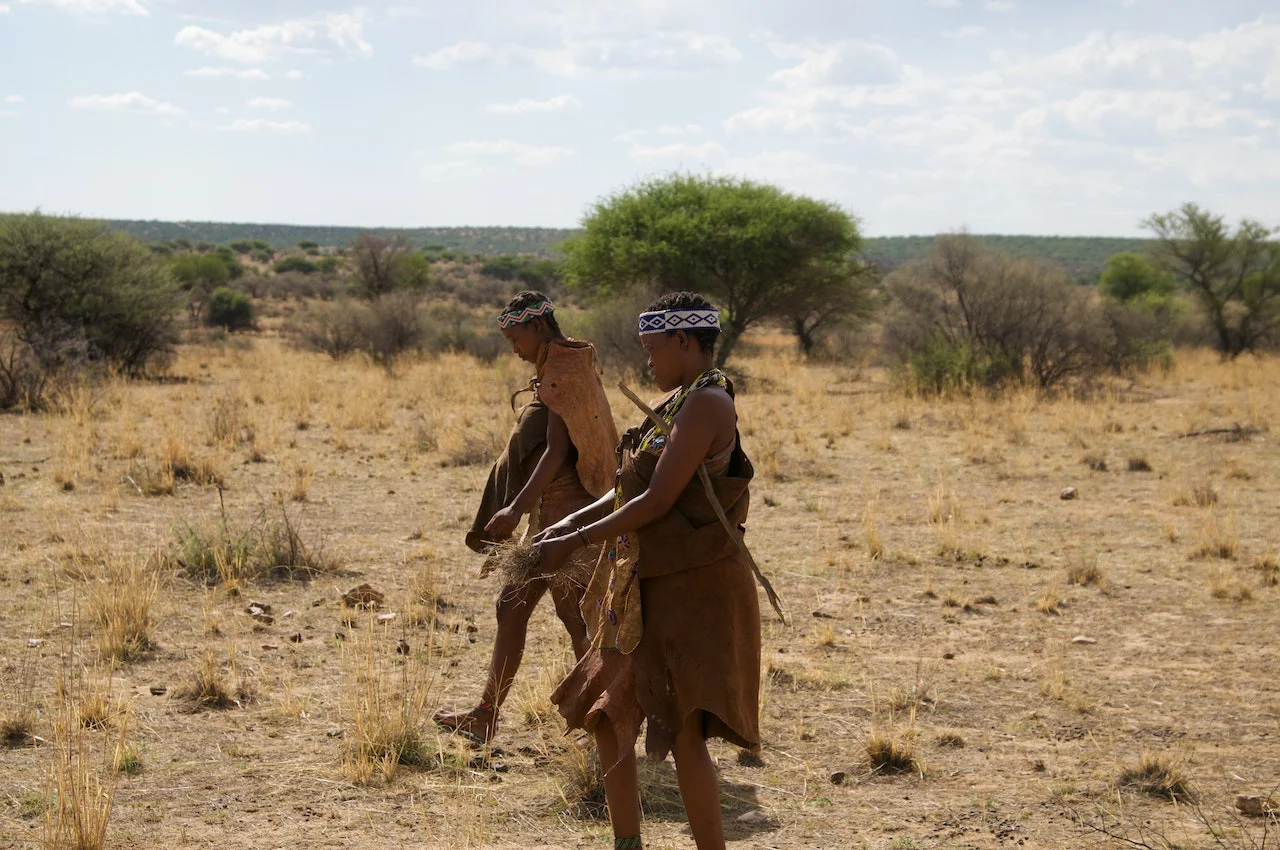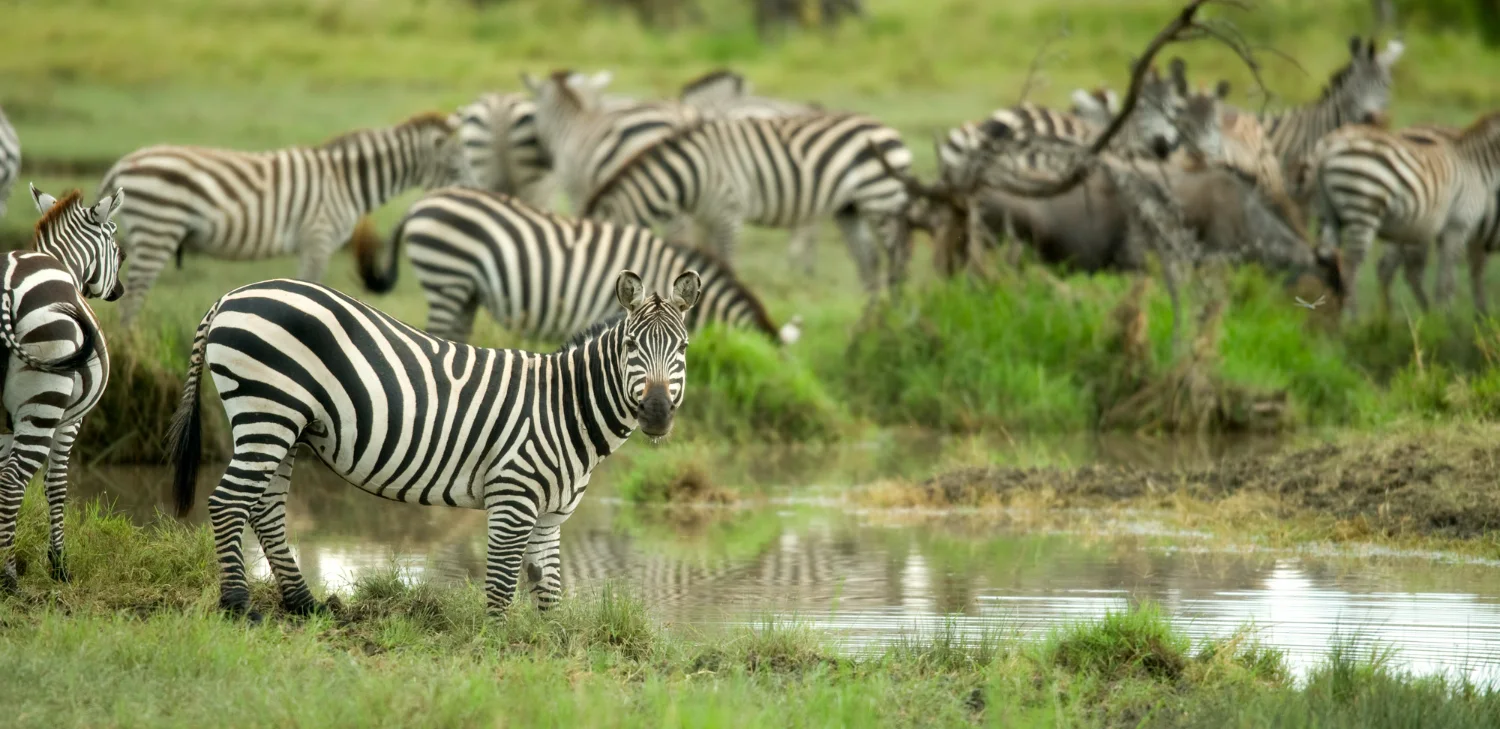Full Destination Details
Location & Landscape
Nyerere National Park lies in southern Tanzania, about 250km southwest of Dar es Salaam. The park is bisected by the Rufiji River, creating a network of channels, lagoons, and sandbanks. Key areas include:
- Stiegler’s Gorge – A 100m-deep canyon where elephants climb the cliffs
- Lake Tagalala – Floodplain teeming with waterbirds
- Miombo Woodlands – Home to rare sable and roan antelope
Why It’s Unique
✔ The only Tanzanian park allowing walking and boat safaris
✔ Home to 1/3 of Africa’s remaining wild dogs
Highlights to Look for in Nyerere National Park
Nyerere boasts more elephants than Serengeti and Ngorongoro combined, along with:
Iconic Species
- Lions – Large prides specialized in hunting buffalo
- Wild Dogs – Highly endangered but frequently seen here
- Hippos – Over 40,000 in the Rufiji River system
- Crocodiles – Some exceeding 5m in length
Birdlife (440+ Species)
- Fish eagles – Their cries echo along the river
- Carmine bee-eaters – Nest in riverbanks (Aug-Oct)
- Goliath herons – The world’s largest heron species
Best Time to Visit
| Season | Pros | Considerations |
|---|---|---|
| Dry (Jun-Oct) | Best for predators & boat safaris | Very hot (35°C+) |
| Green (Nov-May) | Lush scenery, birdwatching | Some areas inaccessible |
Guide Tip: “September is the best time to see animals near the river. Sightings of wild dogs are at their highest.”

